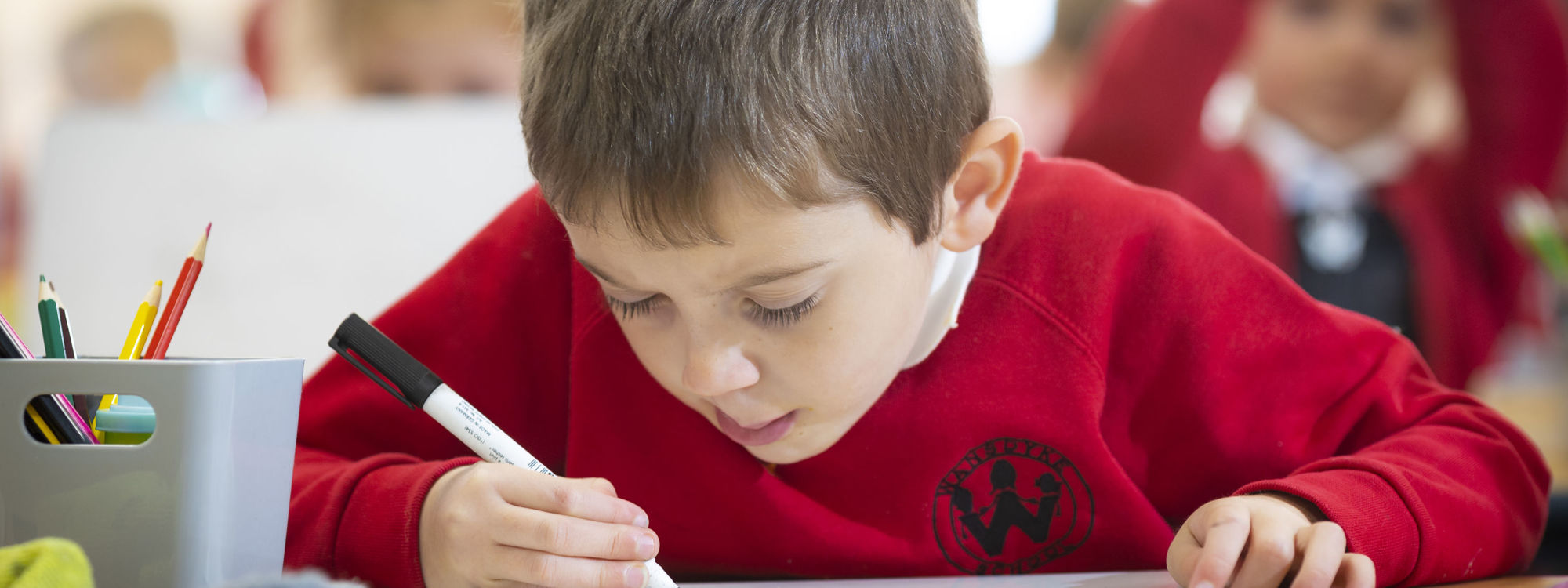
- Home
- Curriculum
- Assessment
Assessment
Assessment is a vital tool for helping children make progress in their learning. Not only does it allow teachers to identify individual pupil needs but also curricular and whole school areas for development.
Assessment, recording and reporting information is used in our school by all staff and governors to identify the priority areas in our school development and improvement plans. Core subject coordinators and the Special Educational Needs Coordinator (SENCo) utilize data and target setting to identify areas of concern in their subjects, as do class teachers.
It is important for all schools to know how children are performing within their school, both in terms of the progress children have made over a set period of time and the level at which they are attaining. The 2014 National Curriculum has removed the old use of levels, instead setting out yearly objectives within the core subjects. The new philosophy for assessment has changed, with the emphasis being on broadening pupil’s knowledge and understanding within the yearly objective and not moving pupils on to the year group’s objective. This shift has challenged schools to ensure all pupil’s are sufficiently stretched and to also rethink the methods in which they are assessing pupils and how this information is shared with pupils and parents.
At Wansdyke School we believe that assessment, recording, reporting and target setting should:
- Be both formative and summative.
- Be a tool to enhance learning.
- Offer all pupils an opportunity to show what they know, understand and can do.
- Be part of a continuous cycle for all learning to evaluate and inform future planning and teaching for all learners in the class
- Be ongoing and part of everyday activities in every lesson.
- Provide opportunities for all learning styles
- Help pupils to understand what they can do to improve
- Involve children with their own learning – self-assessment.
- Drive Individual Education Plans (IEPs) and Annual Reviews for pupils with special educational needs (SEN)
- Support monitoring of the curriculum planning
- Develop clear, focused learning intentions.
- Inform parents about their child’s progress and important next steps
Procedures
How we assess pupil's achievements:
- Have clear focused ‘Can I’s’ that we share with the children.
- Ensure that all pupils know what they have to achieve in the session and give them opportunities in each lesson to share success criteria.
- Regularly provide pupils with the opportunity to reflect and talk about their learning and progress.
- Use peer and self-assessment.
- Use a range of assessment methods – observations, listening, questioning, assessing/annotating of work, specific tasks, problem-solving activities and administering tests, scrutiny of work and analysis of SATs.
-
Set clear, achievable and measurable targets for pupils through marking
-
Use assessment to inform planning for individuals, groups, class and school as part
of ongoing, daily activities.






